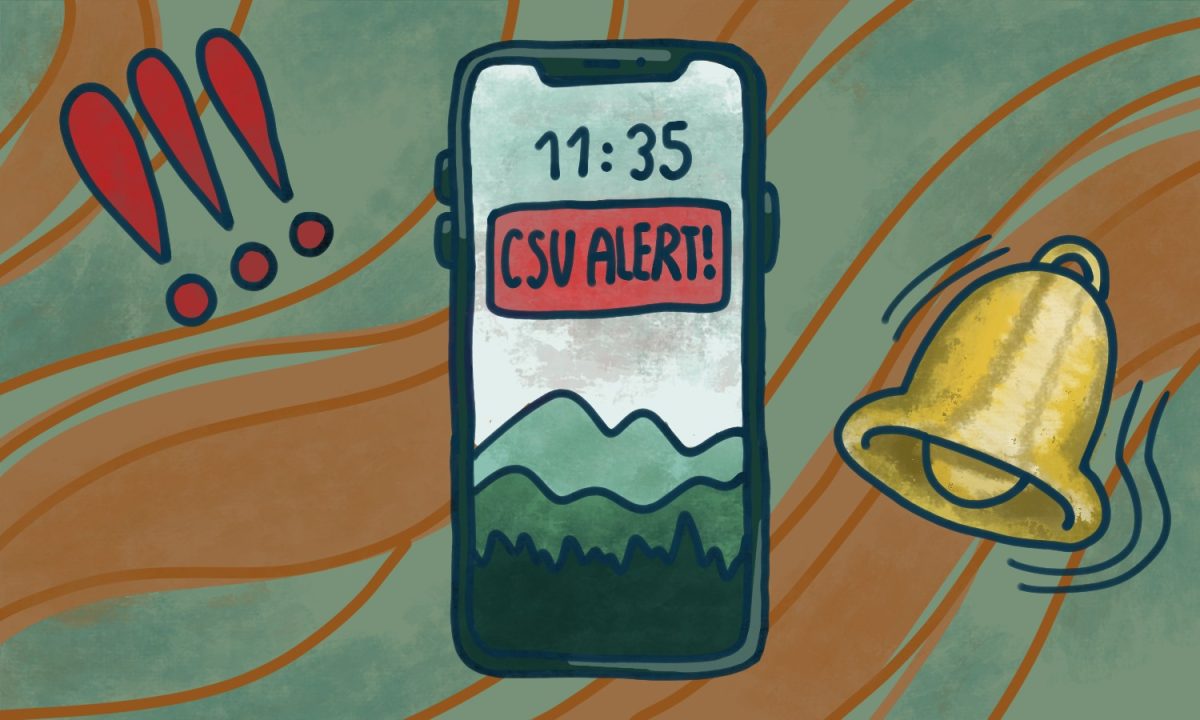*The Collegian would like to inform its readers that the content in this article may trigger those affected by sexual assault.
The first few weeks of college can a dangerous time for incoming freshmen. According to West Virginia Foundation for Rape Information and Services, Centre County Women’s Resource Center and many other groups, a woman’s first few weeks of college is a “red zone” for sexual violence.
“There is a correlation between the first few weeks on a college campus and rates being higher,” said Monica Rivera, the director of the CSU Women and Gender Advocacy Center. “We know that part of this is because perpetrators, who are often upperclassmen, intentionally target the vulnerabilities of first-year incoming women.”
According to the WGAC, the office provided advocacy to nearly 500 survivors last year, compared to 200 in 2014. However, Rivera said the increase does not indicate that campus sexual assault is on the rise.
“What our numbers should indicate is that students feel very comfortable coming forward to get resources,” Rivera said.

Though more reports do not necessarily mean more sexual assaults, research indicates that there is an increase of sexual assault incidents in the beginning of the fall semester.
In a 2007 Campus Sexual Assault Study, the National Institute of Justice found that September and and October had the highest rates of campus sexual assault.
According to Rivera, some of the key reasons that these few weeks are so dangerous are:
- Perpetrators using alcohol as a rape-facilitating drug similar to a “roof.”
- Upper-class perpetrators capitalizing on first-years’ desires to have a “college experience”.
- Perpetrators knowing that first-years may be hesitant to report.
Rivera said that sexual violence on and around campus cannot be blamed on alcohol consumption, or any other aspect of going out.
“Because, in reality, I should be able to get completely wasted, walk completely naked down an alley in Fort Collins and pass out,” Rivera said. “The only way I would experience assault is if another human being chooses to capitalize on my vulnerability.”
She says that her advice to CSU students would be similar to the conversations she had with her family before, and throughout, their college experiences:
“To not only men, but to anyone (who may instigate sexual activity), it’s not that we are looking for no’s and kicking and screaming, it’s your responsibility that you’re listening for yes, and it’s never okay to use alcohol to loosen someone up,” Rivera said.
“To bystanders, it’s important to try to pay attention to boundary encroachments as early as possible, so if you have a friend and you see that they’re constantly pushing alcohol on someone, they’re not listening when that person is saying ‘hey don’t put your arm around me, I don’t want to dance with you, I don’t want to spend the night here’; if you have a friend who’s not listening to boundaries being set, it’s your responsibility to intervene,” Rivera said.
“(To those who may be at risk for sexual assault), you absolutely have the right to set whatever boundaries you feel are best for your body,” Rivera said. “So, if that means you want to go back to someone’s room with them and hook up with them and get all the way to second or third base, and then you want to stop, you have the right, the legal and moral right, to stop at that point. It’s up to that other person to be not just looking for a no, but to be looking for your green lights; when they stop getting your green lights, they need to stop.”
Resources for victims of sexual assault on the Colorado State University campus include the Women and Gender Advocacy Center and the 24-hour Victim Assistance Team, which is available to assist victims of sexual assault and interpersonal violence.
The 24-hour Sexual Assault Hotline is (970) 492-4242.
The Sexual Assault Victim Advocate Center provides resources to victims affected by sexual violence.
Collegian Assistant News Editor Tatiana Parafiniuk-Talesnick can be reached at news@collegian.com







